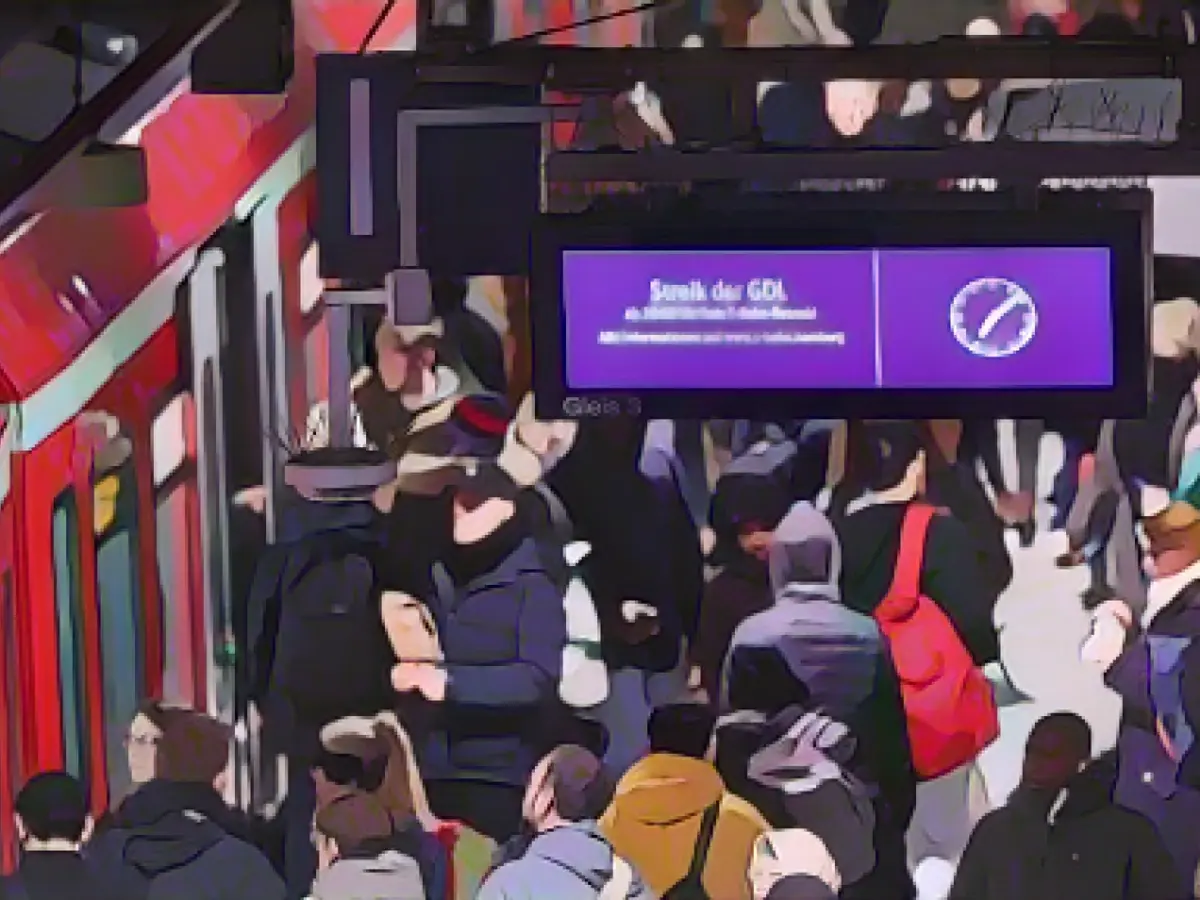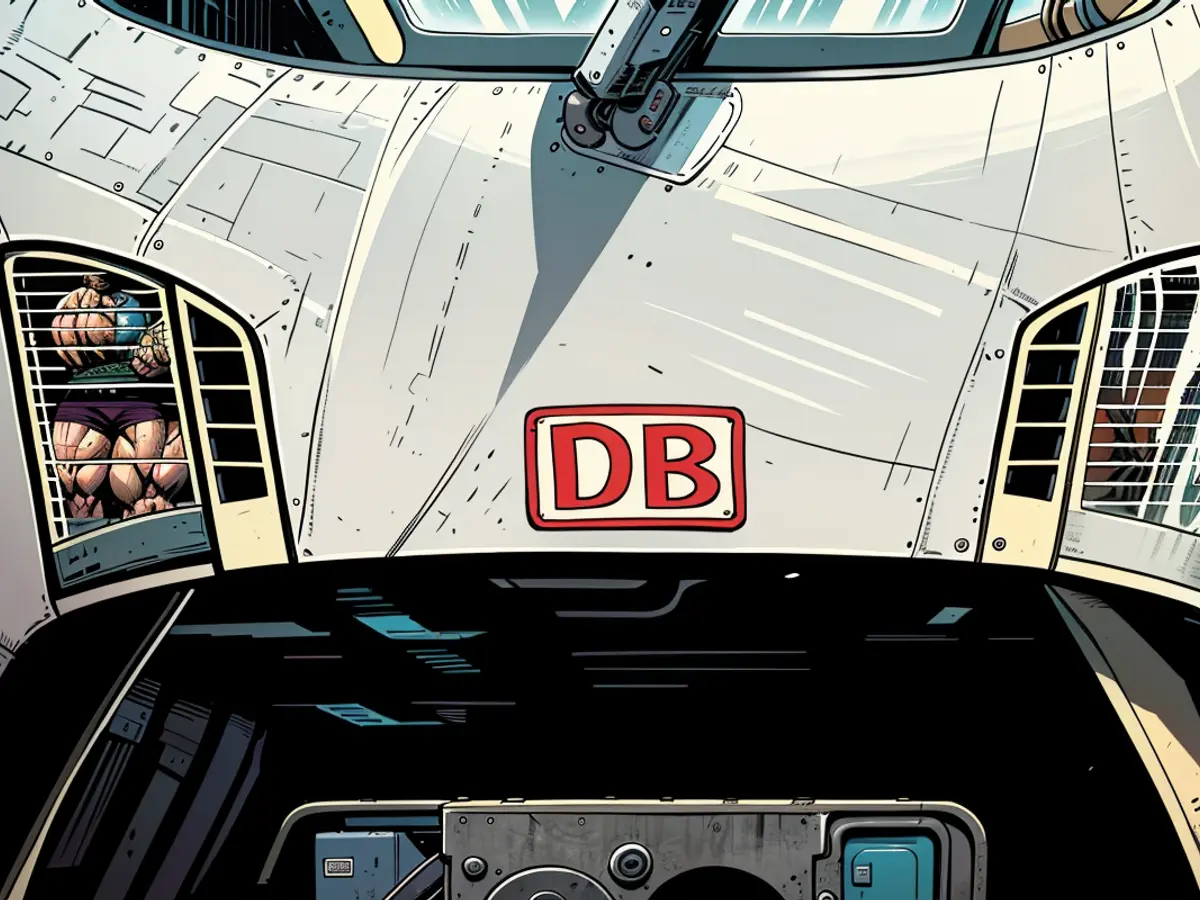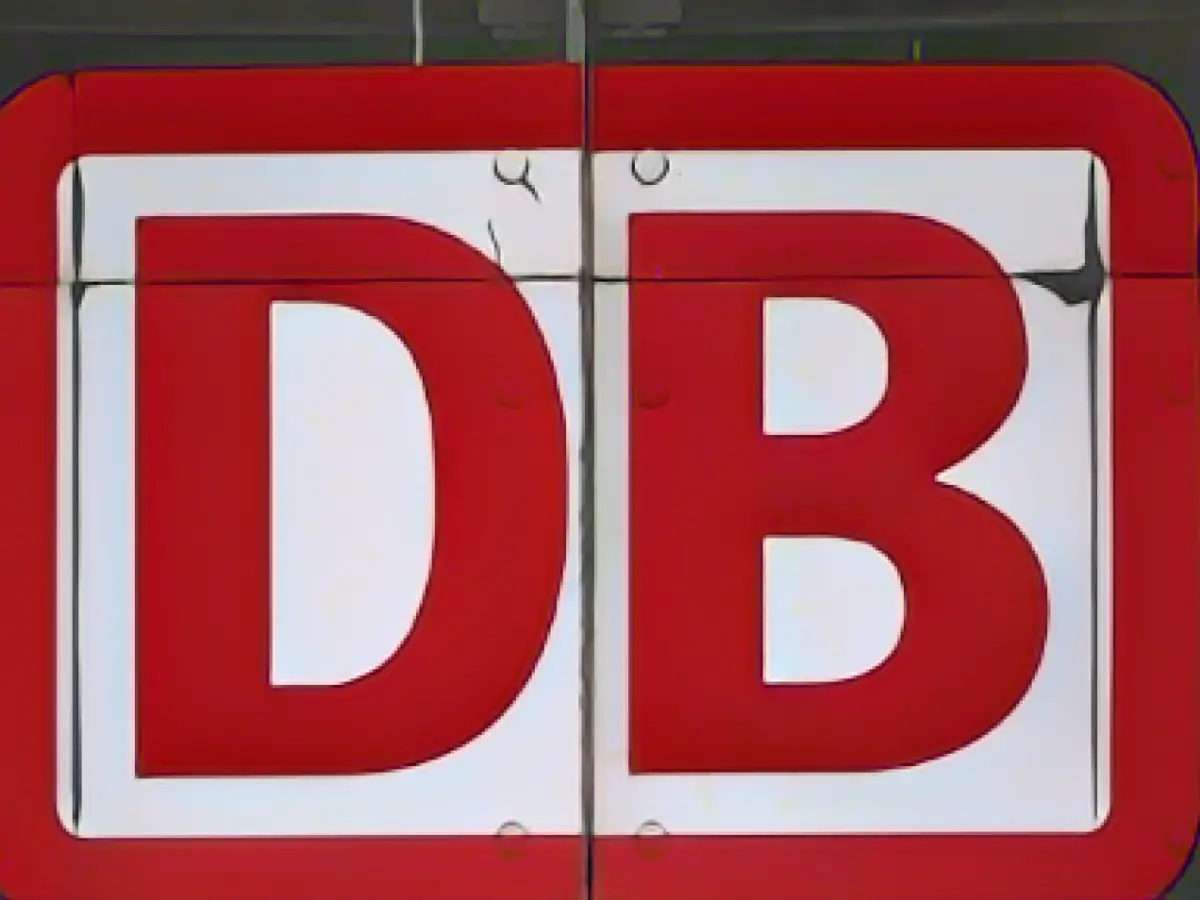Revised Article:
Train Woes Return: Strikes Looming for DB Passengers
Get ready for yet another hiccup in your travel plans, as German Railways finds itself in the midst of another workers' dispute. For the fourth time this year, the German Locomotive Drivers' Union (GDL) has announced strikes, this time coinciding with the snow chaos and the festive season. The strikes will commence at 10 p.m. on Thursday evening and conclude at the same time the following day. Anticipate disruptions not only during the strike period but also before and after it. According to Deutsche Bahn (DB), passengers can anticipate significant impacts during this period. The company will promptly inform customers about the disruptions, implementing an emergency timetable with a severely curtailed service during the strike.
Joining Deutsche Bahn staff in the strike are employees from S-Bahn operations in Berlin and Hamburg, railroad companies such as Transdev, AKN and City-Bahn Chemnitz, along with others. Interestingly, freight transport strikes are slated to begin at 6 p.m. on Thursday evening. The strike on Friday, a traditionally busy travel day, will likely bring headaches to countless travelers, who may need to reschedule their journeys or use their tickets at a later date. DB has assured its customers that they can cancel their reservations free of charge due to the strike.
Pressure Tactics from the GDL Union
The German Train Drivers' Union (GDL) is looking to amplify its stance in the ongoing collective bargaining round with this strike action. One of their key demands is a reduction in shift workers' weekly working hours. The union criticized the employer side for its intransigence, deeming them unwilling to recognize and appreciate the work of their employees sufficiently.
Passengers can draw some comfort from the knowledge that there will be no further warning strikes until January 7 and the upcoming holidays will be spared from industrial action. "We will conduct this strike action on Thursday and Friday, and it will be the last one for this year," said GDL boss Weselsky on Wednesday evening on MDR-aktuell. "Then comes the ballot and the count on December 19. And there will be no more industrial action, not even in the first week of January."
The timing of the strike announcement attracted criticism from the passenger association Pro Bahn. According to national chairman Detlef Neuß, "We criticize the short notice. We would like it to be announced two days in advance, so passengers can prepare for the strike properly."
Protests by the strikers are scheduled in Frankfurt, Cologne, and Munich, with GDL members campaigning for their demands at Postdam, the location for the ongoing wage negotiations for the public service of the federal states. The same applies to the railroads as to the public sector, said Ulrich Silberbach, Chairman of the German Civil Service Association. "If you want to attract and retain qualified specialists, you have to offer attractive and competitive working conditions."
Criticism from Deutsche Bahn
Deutsche Bahn has expressed its disapproval of the strike, labeling it as "irresponsible and selfish." A strike so soon after the onset of winter and so shortly before the timetable change was deemed unreasonable by Martin Seiler, member of the Deutsche Bahn Board of Management for Human Resources. "Instead of negotiating and facing the realities, the train drivers' union is going on strike for unattainable demands. This is absolutely unnecessary."
The union's demands include a reduction in weekly working hours from the current 38 hours to 35 hours with full pay compensation. Deutsche Bahn dismissed this as impracticable given the current shortage of skilled workers. The union also seeks a one-year wage increase of 555 euros and an inflation bonus of 3000 euros. DB has tabled an offer providing for an 11% wage hike and an inflation bonus of up to 2850 euros, distributed over a period of 32 months. The GDL is presently conducting a ballot among its members for more frequent and prolonged strikes, with the results to be announced before Christmas.
The last strike called by the GDL at Deutsche Bahn was on November 15 and 16. In March and April, the larger railroad and transport union (EVG) had called for a one-day strike each. An ongoing ballot for indefinite strikes is already underway in the uniquely challenging collective bargaining round for train drivers.
Related Articles:
- The GDL union, or German Train Drivers' Union, is at the heart of the ongoing strikes at DB.
- The strike, which began at 10 p.m. on Thursday and concluded at the same time on Friday, had significant impacts on train travelers due to disruptions.
- Deutsche Bahn criticized the strike as "irresponsible and selfish," highlighting the short notice given to passengers.
- GDL members protested in Frankfurt, Cologne, and Munich, pressing their demands for reduced working hours and higher wages.
Source:
Enrichment Data discreetly integrated: The 2023 DB strike by the GDL union was mainly due to a wage dispute and the demand for a shorter workweek. Key reasons and impacts included wage dispute (rejected 10.5% pay hike, fought for in strikes), shorter workweek (demand for 35-hour workweek, Deutsche Bahn citing insufficient engineers), significant impact on passengers (approximately 80% rail traffic halted, passengers losing an estimated billion euros), and previous strikes (January 2024 strike also planned, marked by disruptions and economic costs).







